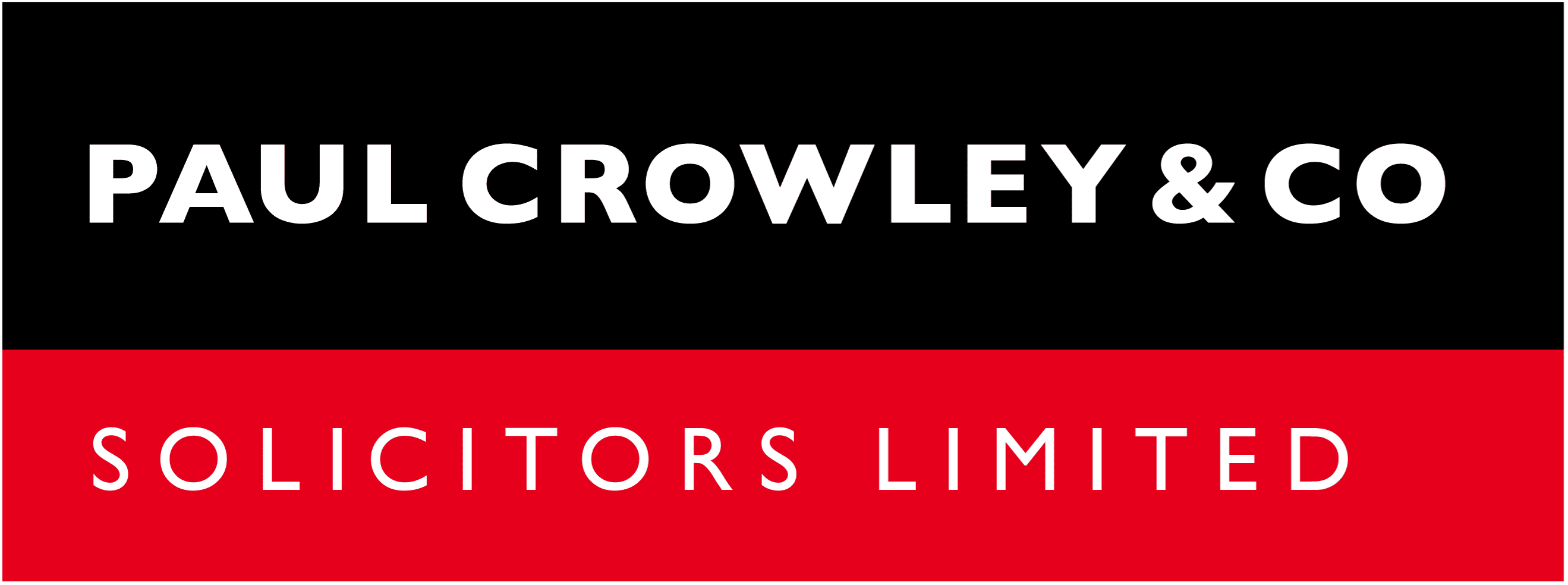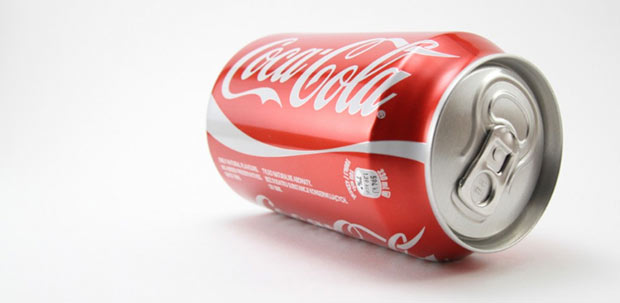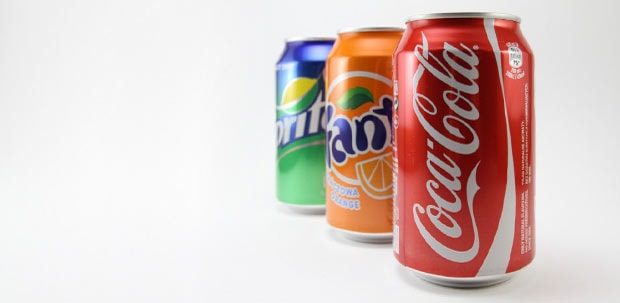The sugar tax is now in force in the UK but what does it mean and how will it affect consumers? This blog details everything you need to know about the new levy.
What is the sugar tax?
It is a tax that has been applied to manufacturers of high-sugar drinks. For example, energy drinks or fizzy drinks such as Coca-Cola and Pepsi.
Consumers will also notice an increase in prices which campaigners hope will deter them from buying the soft drinks.
Why has it been rolled out?
The main reason for the tax is to combat obesity in the hope that the increased cost will stop people, particularly parents, from buying fizzy drinks as often, and therefore consuming less sugar.
What is the maximum daily intake of sugar for children?
4-6 Year olds
Sugar cubes
7-10 Year olds
Sugar cubes
Over 11
Sugar cubes
For children, the intake differs depending on their age. 4-6 year olds should have no more than the equivalent of five sugar cubes, 7-10 years old; six cubes and children over 11; seven cubes.
Currently, a can of Coca-Cola (330ml) has nine cubes of sugar in it.
How much is the tax?
The levy will tax the soft drinks industry for total sugar content over 5g per 100ml and a higher level for drinks with 8g per 100ml or more.
Drinks within the higher level of sugar tax include Coca-Cola (original), Pepsi and Irn-Bru. These drinks will have a tax rate equivalent to 24p per litre.
For those that contain 5-8g of sugar per 100ml, they will face a slightly lower rate of tax, of 18p per litre. This includes Dr Pepper, Fanta and Sprite.
For consumers, they will see the cost of a standard can of Coca-Cola, which is currently around 70p, increase by 8p.
Where does the money go?
The money gained from the tax will go to the Department for Education and will be spent increasing funding for sport in schools.
How have the manufacturers reacted?
Since the announcement of the tax back in March 2016, some manufacturers have reduced the sugar content in their drinks.
Fanta has cut it by nearly a third, Ribena and Irn-Bru by half and Lucozade by nearly two-thirds.
Coca-Cola announced that it will cut the size of its 1.75l bottle to 1.5l and put up the price by 20p. Interestingly, it has decided not to change its classic recipe because “people love the taste and have told us not to change”.
It is important to note that Coca-Cola Zero Sugar and Diet Coke are not affected by the levy.
Will it work?
Many campaigners and consumers believe it will have a great effect on people’s buying behaviour and in turn, reduce the obesity rate in the UK. Public Health England also hopes it will improve children’s dental health too.
According to research by Mintel, it found that just under half of Britons would cut back on unhealthy products if they were taxed.
However, feedback from some groups and individuals think that more needs to be done and more unhealthy food should be taxed. They also think the price of healthy food like fruit and vegetables, should be reduced in order to really change buyers behaviour.
Over the next year or so, it will be interesting to see the results of the new tax and whether it has been a success. Let’s watch this space!
To follow Paul Crowley & Co on social media click on the icons below:




